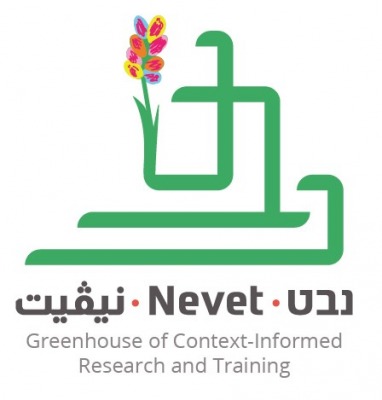“Resilience is a mesh, not a substance. We are forced to knit ourselves, using the people and things we meet in our emotional and social environments” (Boris Cyrulnik)
Strengths are positive factors, both in the individual and in the environment, which support well-being and coping. Resilience is the ability to ‘bounce back’, to ‘recover’ from adverse life experiences. Much attention has been given to the risk factors that have led to families and individuals being over-represented as “at risk”. Much of the psychological literature focuses on deficits and binary categories of normal and not normal. The context-informed perspective urges practitioners and researchers to proactively search the resourcefulness and resilience that exists in families and individuals. People can grow and change. Everyone has a range of abilities and strengths which, with the right support, can be utilized to give them a better future. Furthermore, solutions will not be the same for everyone; individuals’ strengths and circumstances are different, and people need to be fully involved in identifying their goals and building upon their strengths and resources. According to the context-informed prespective: individuals live within families, communities, societies and cultures, and all these contexts, determine their well-being.


